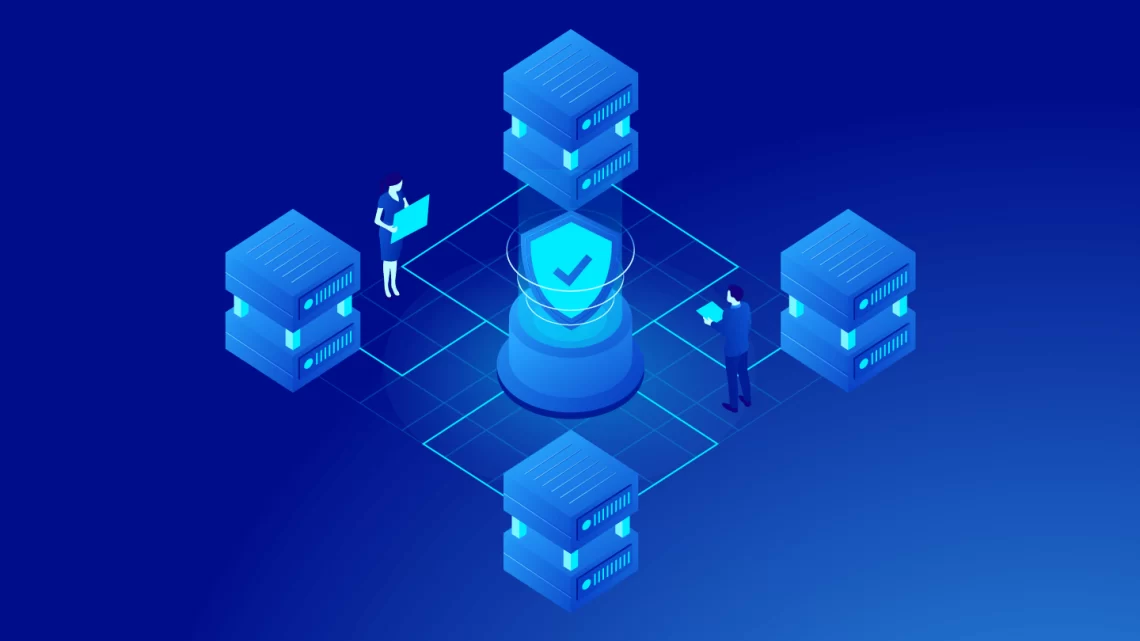
The Blockchain Revolution – What You Need to Know
February 24, 2023Blockchain is a technology that stores data in a decentralized database and makes it accessible to everyone. This decentralization is one of the key benefits of blockchain, making it faster, cheaper, and more secure than traditional systems.
It has the potential to revolutionize how we live and work, but achieving widespread adoption requires bold thinking and hard work.
What is the Blockchain?
Blockchain is a secure and transparent transaction ledger system that eliminates the need for third parties, thus cutting costs for both consumers and businesses alike.
This technology is utilized in a range of industries, such as energy, logistics and education. Traceability stands to benefit from this advancement since it allows for the secure storage of essential information throughout a product’s lifespan.
In an increasingly digitalized world, having secure and transparent records is invaluable.
Blockchain can also create central registries for beneficial ownership information to prevent corruption, money laundering and other forms of illegal activity. These registries would be particularly important in places without government record keeping systems.
Blockchain technology also permits self-executing contracts that automatically fulfill the conditions agreed between parties. These are known as smart contracts and could potentially be the most revolutionary application of this technology yet.
What are the Benefits of the Blockchain?
Blockchain technology is quickly gaining acceptance and promises to revolutionize many industries. It provides advantages like transparency, traceability, security, cost reductions, verifiable speed verifications, and more that make it a game changer in the global economy.
Transparency: The decentralized nature of blockchain technology ensures that no single party can alter data without everyone else’s approval. This transparency can help reduce fraudulence.
Increased Security: Blockchain’s distributed network of nodes makes it highly resistant to malware attacks and system outages, as any change on the ledger is tracked and recorded on the public ledger. Additionally, forging records or altering transactions becomes much harder due to this public ledger being so securely maintained.
Lower Cost: Blockchain technology can save businesses money by eliminating outsourced technical support costs and using third-party vendors who had traditionally handled business processing. It is also an economical means of streamlining processes and cutting back on manual tasks.
Blockchain can also be a great tool to foster transparency with customers. Clothing brands that strive to fight sweatshops may give their customers access to a blockchain where they can view social consciousness approval forms, labor union sheets and more.
What are the Challenges of the Blockchain?
The Blockchain faces several obstacles that must be overcome. These include slow transaction speeds, security breaches, privacy violations and lack of interoperability.
Organizations should also factor in the cost of integrating blockchain with their current systems. This will necessitate a significant commitment of both time and resources.
Recent research by APQC revealed that businesses that have adopted blockchain have experienced a range of benefits. These include improved supply chain track-and-trace capabilities, as well as the capacity to track products and manage inventories more effectively.
Companies interested in adopting blockchain should take a long-term view and devise a strategy to help them overcome these challenges. They should assess their available resources and create an effective business case for its adoption; doing so will simplify the process and guarantee they reap benefits from using this technology.
What is the Future of the Blockchain?
Blockchain technology holds the potential to revolutionize many industries. As a distributed ledger, it provides greater security and transparency than traditional systems while eliminating the need for centralized clearinghouses.
Digital record keeping has become increasingly popular in some fields, such as healthcare. Additionally, it can offer greater security for digital transactions when the data is encrypted and verified.
While some sectors are looking to be early adopters of this technology, others are taking a more cautious approach.
Blockchain technology continues to develop rapidly, so businesses must assess how it could influence their operations. While blockchain can be an enabler of innovation, it also poses serious risks if not handled correctly.
Organizations must adopt an agile strategy when adopting this new technology, while also focusing on its potential business benefits.




